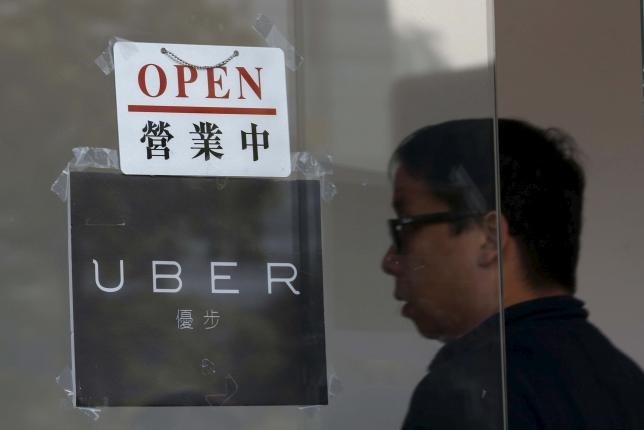Ride-hailing company Uber China and e-commerce giant Alibaba's financial arm Ant Financial Service Group have announced Monday, Feb. 1, their cooperation regarding online payment, allowing Uber users from Chinese mainland to use the car-hailing services overseas and pay in renminbi, China Daily reported.
According to the report, Alipay's overseas payment function has been activated within Uber starting Monday, Feb. 1. The service will first be tested in Hong Kong, Macao and Taiwan before the Spring Festival, which falls on Feb. 8 this year.
The report said that the two companies decided to launch the service in the three locations due to the connection among these places, and the large number of mainland visitors coming every year for business or sightseeing purposes.
Official statistics provided by the China National Tourism Administration showed that Hong Kong, Macao and Taiwan were the top 10 most popular tourist destinations among mainland tourists in 2015.
Eric Alexander, Uber's Asia head, was quoted as saying that the global partnership with Alipay was aimed at enhancing mainland users' payment experiences when they travel overseas.
Currently, more than 5,000 stores in Hong Kong, Macao and Taiwan are connected to Alipay, and an additional 50,000 stores in Asia, Europe and Australia accept Alipay payment.
Peng Yijie, president of Ant Financial's international business, said that although Alipay has been providing transportation reservation services in some parts of the world, the cooperation with Uber will win it increased recognition among a larger group of consumers.
The report said that Alipay was connected to Uber as early as 2014, and before Monday's cooperation, users from the Chinese mainland have to link their Uber account to renminbi-U.S. dollar dual-currency credit cards as payment can only be made in U.S. dollars.
More than 125 million mainland tourists traveled overseas in 2015, financial services provider CLSA Asia-Pacific Markets said, adding that the number is expected to grow and reach 200 million by 2020.




























